What
Wintersession Travel CoursesWhere
When
Winter 2019
Course Dates: Jan 3, 2019 — Feb 3, 2019
Who
Open to RISD students, Brown University studentsProgram Partners
Luso-American Development Foundation (FLAD)
Students in this course will spend four weeks in Portugal and will use the methodologies of design for the built environment, the fine arts, the environmental humanities, mapping, and writing to investigate overlapping networks of biological, geological, and cultural heritage in Portugal.
Course Dates: Jan 3, 2019 — Feb 3, 2019
Luso-American Development Foundation (FLAD)
Includes tuition, accommodation, field trips, local transportation, group dinners + some meals, museum entrances, health and travel insurance.
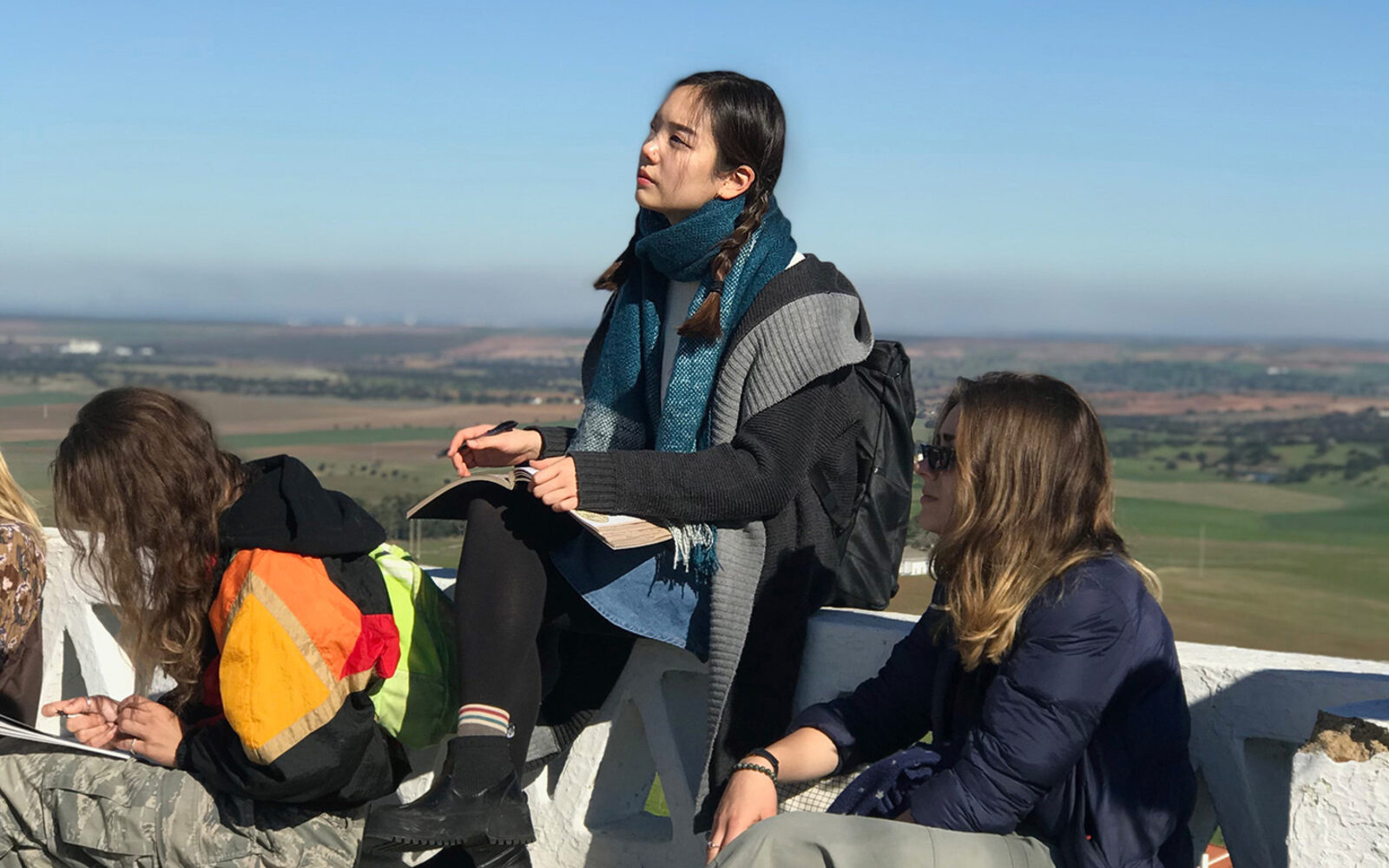
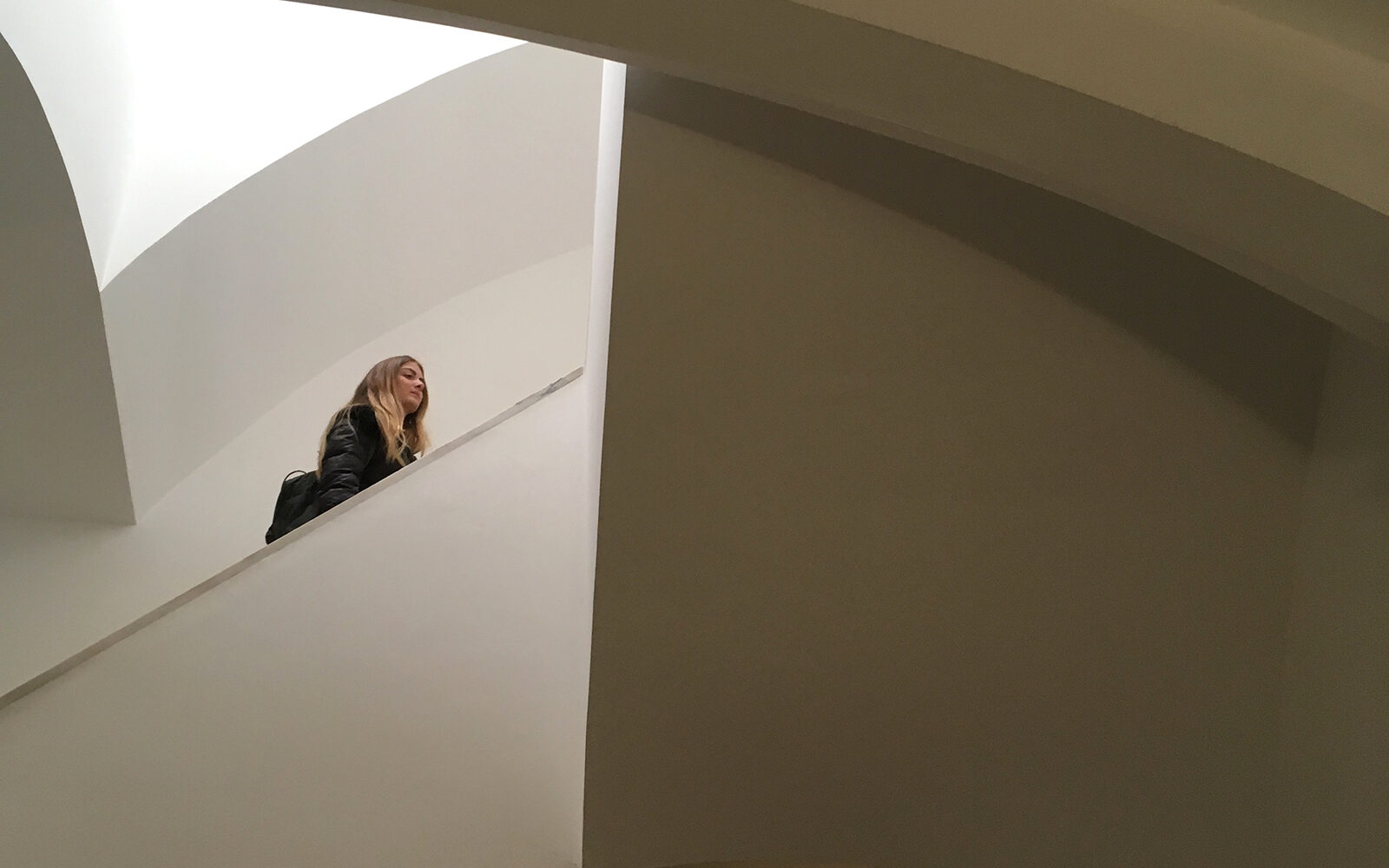
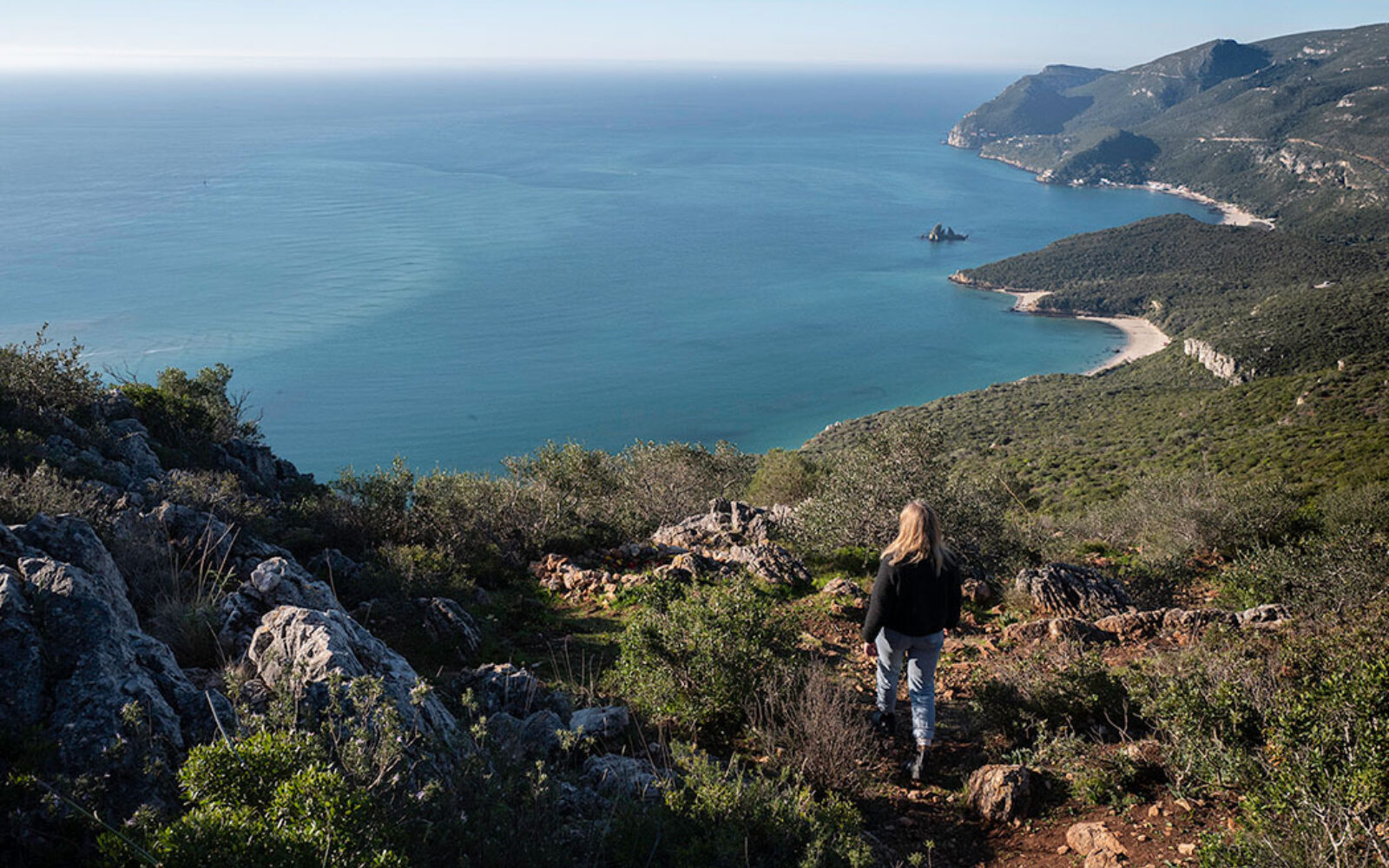
Located on the western edge of the Iberian Peninsula, Portugal contains a wide range of socio-ecological regions and configurations, including large cityscapes, western and southern Atlantic coasts, mountainous regions, agricultural landscapes, marine ecologies, petrocultural landscapes, and tourist infrastructures. In addition to these complexly-layered contemporary socio-ecologies, Portugal has many richly-layered built environments, with cultural heritage sites dating from the pre-historic to the contemporary. Portugal's historical and contemporary socio-ecologies emerge from both historical and contemporary geopolitics, but also, at least in part, from its varied geological contexts.
Students in the co-requisite, integrated liberal arts and studio courses that comprise "Mapping Portugal: Bio-Geo-Cultural Heritages" will spend four weeks in Portugal and will use the methodologies of design for the built environment, the fine arts, the environmental humanities, mapping, and writing to investigate overlapping networks of biological, geological, and cultural heritage in Portugal, with a focus on the Alentejo and Algarve regions. The course begins and ends in Lisbon, but focuses primarily on sites to the south and east of Lisbon around four three different bases: Setubal/Sines/Alcácer do Sal, Évora, Mértola /Serpa, and Faro. By staying for extended periods in each of these areas, students will be able to focus their studies on the specific socio-ecologies and heritage sites surrounding each base. By the course end, students will be able to link them, together into a comprehensive understanding of the bio-geo-cultural heritages and networks of the Alentejo and Algarve.
This is a co-requisite course. Students must plan and register for INTAR-1512 and LAEL-W512. Students will receive 3 studio credits and 3 liberal arts credits.
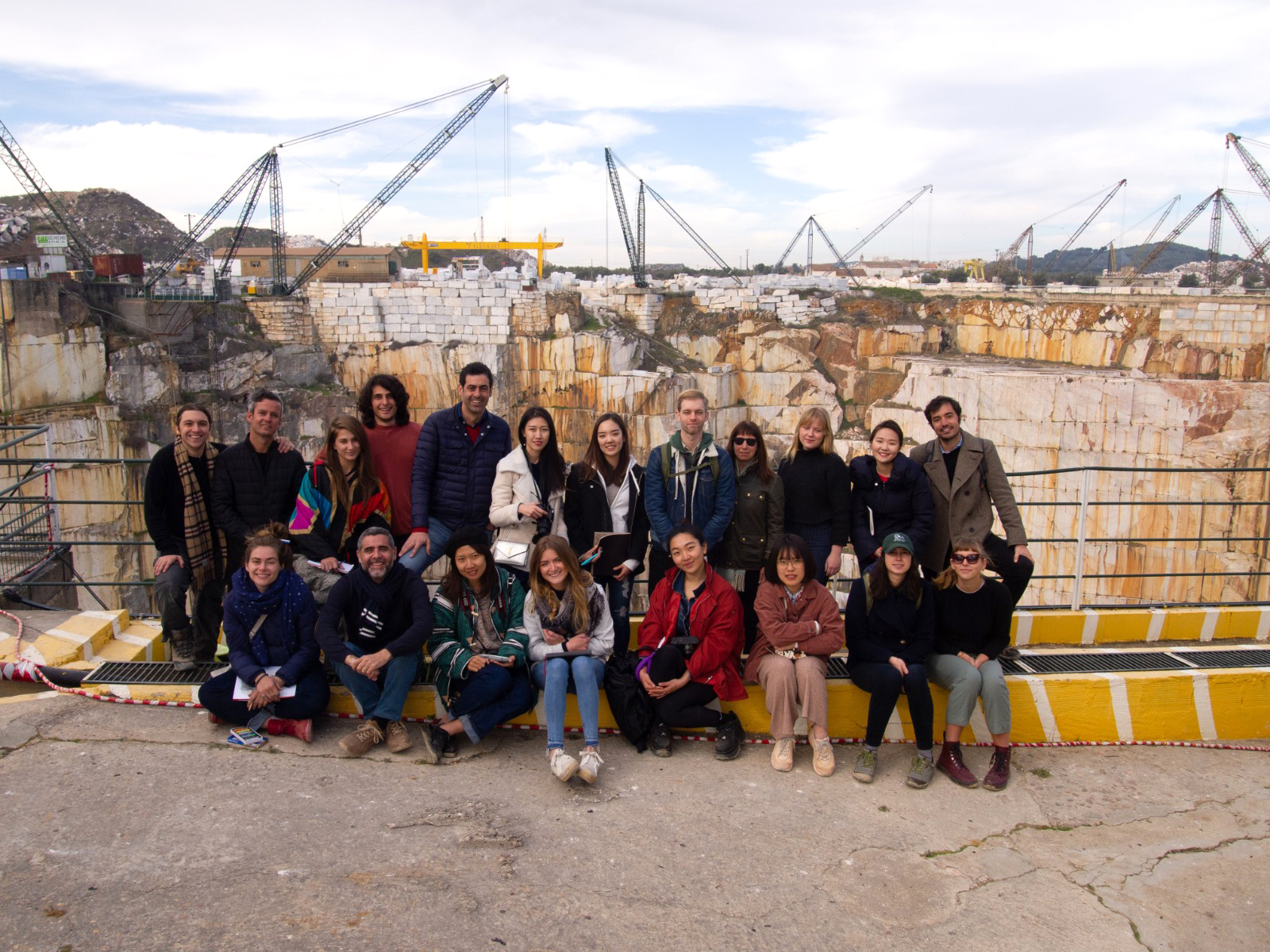
Wintersession 2019
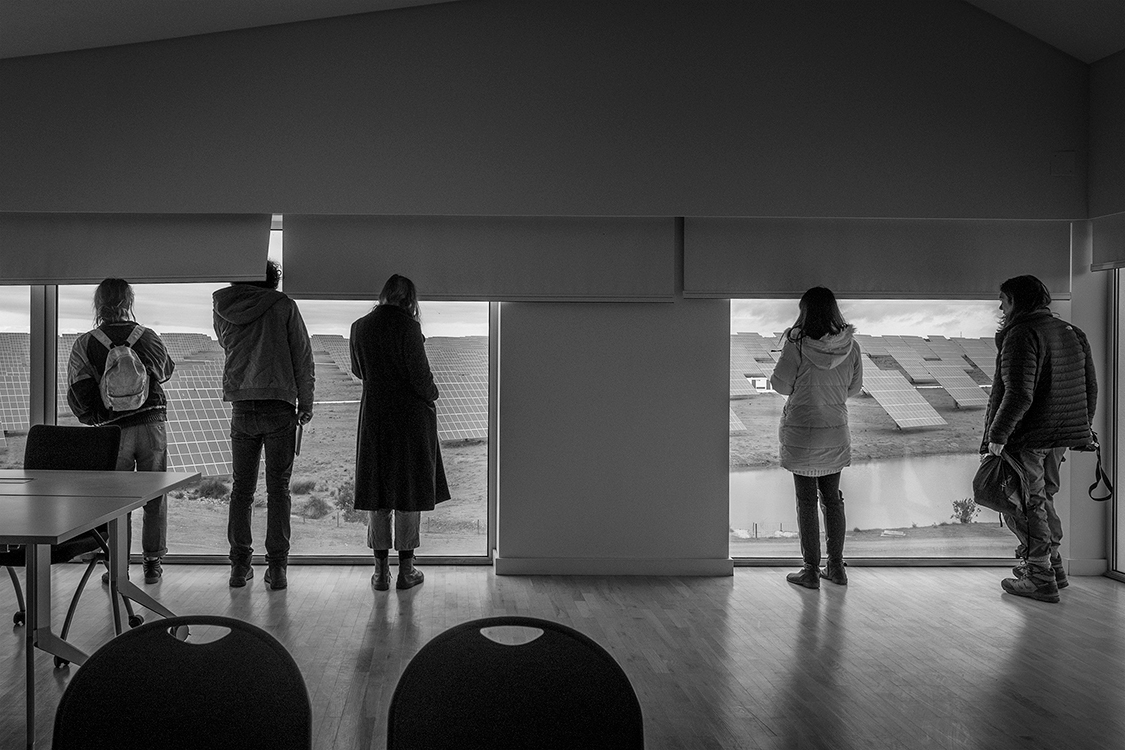
Wintersession 2019
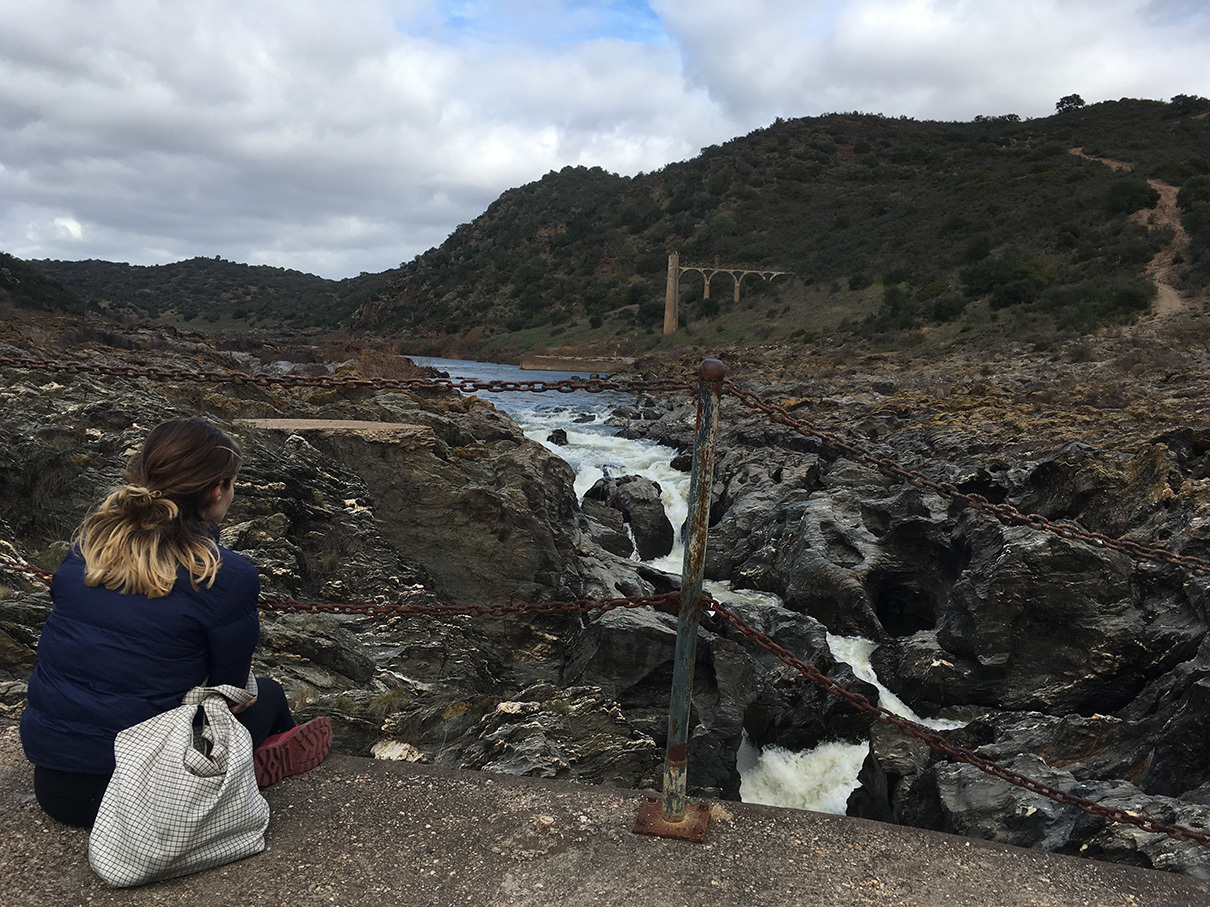
Wintersession 2019
Yunni Cho, BRDD 21 IA | COEXISTENCE - PATTERNS AND ORNAMENTS
Excerpt: "Walking on a street of Portugal, one encounters many different cultures and history through various patterns and ornaments. One can easily trace Portugal’s past of being both the colony and the colonizer of other nations as the center of international trade by looking at a single tile that contains Roman, Indian, and Moorish influence on its style...Ornamentation in Portugal, therefore, can act as a visual key that guides people through its history and culture."
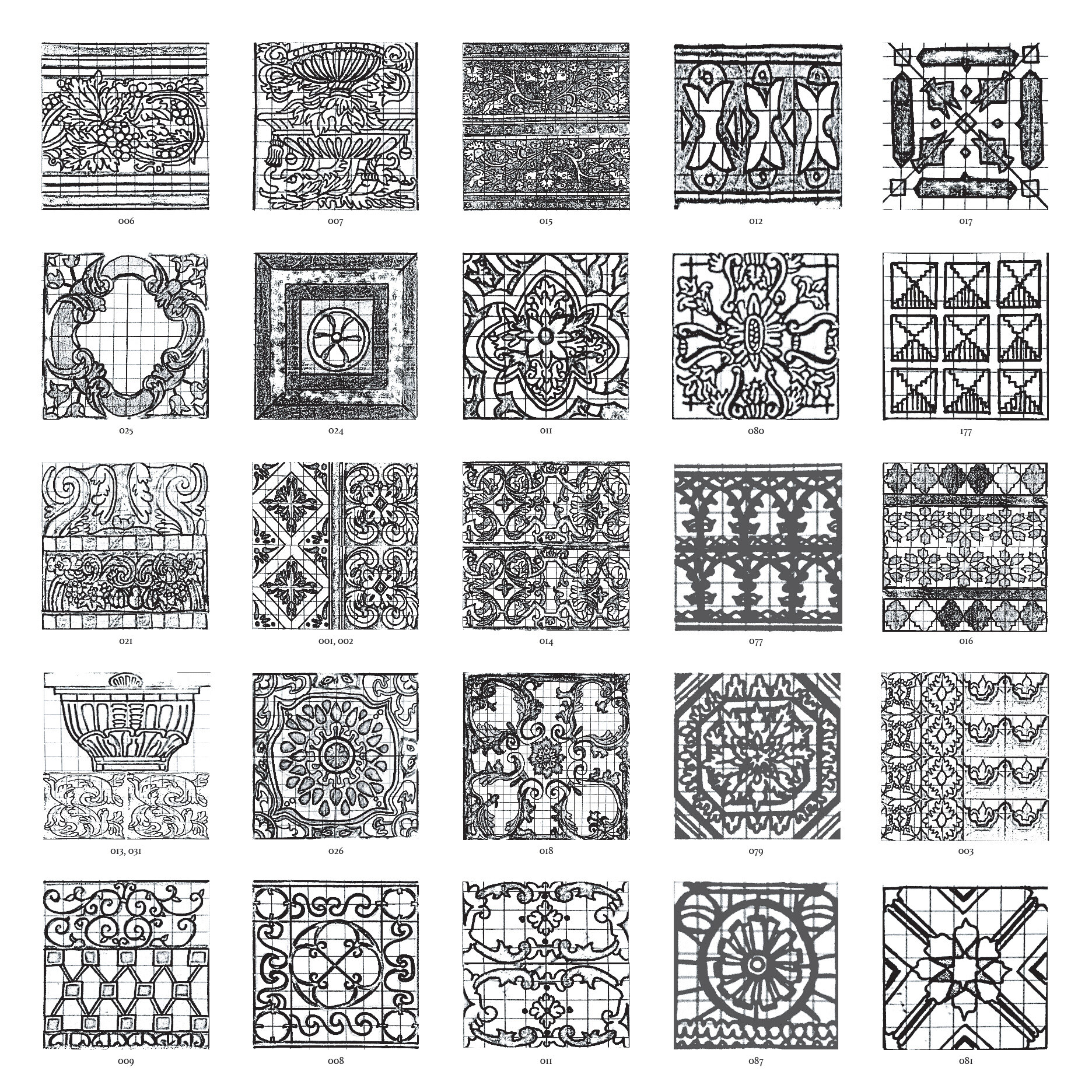
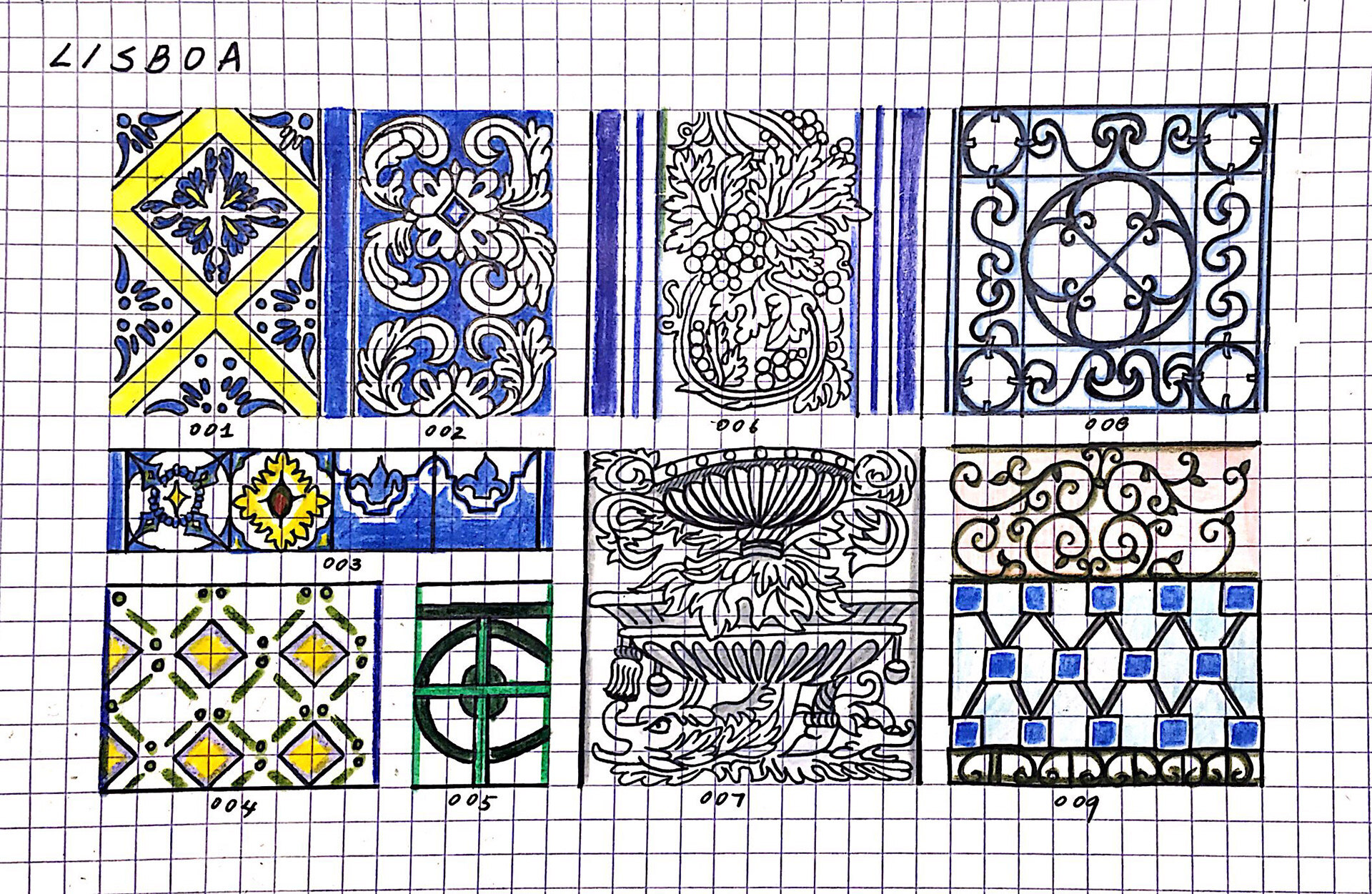
Wintersession 2019
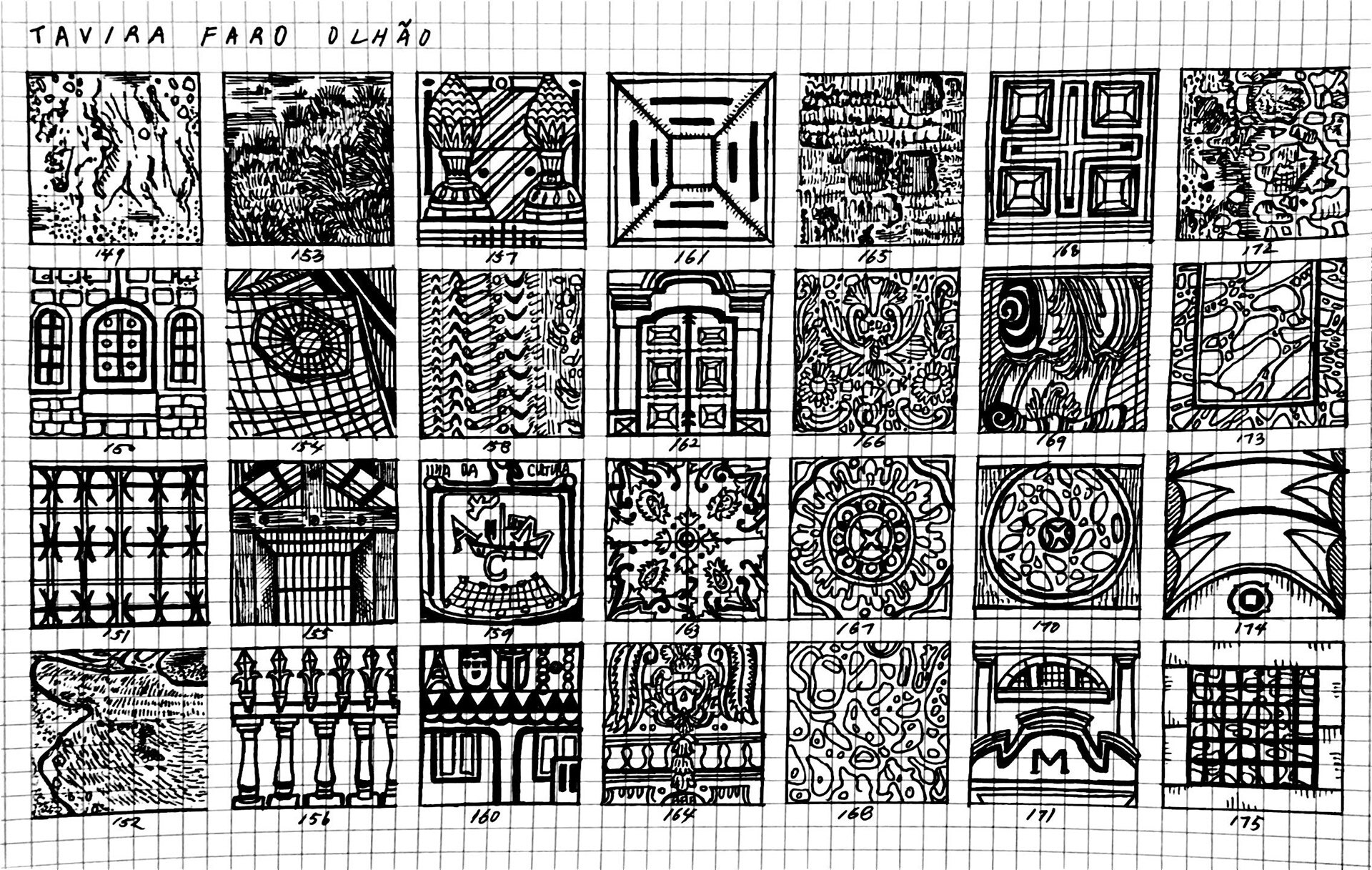
Wintersession 2019
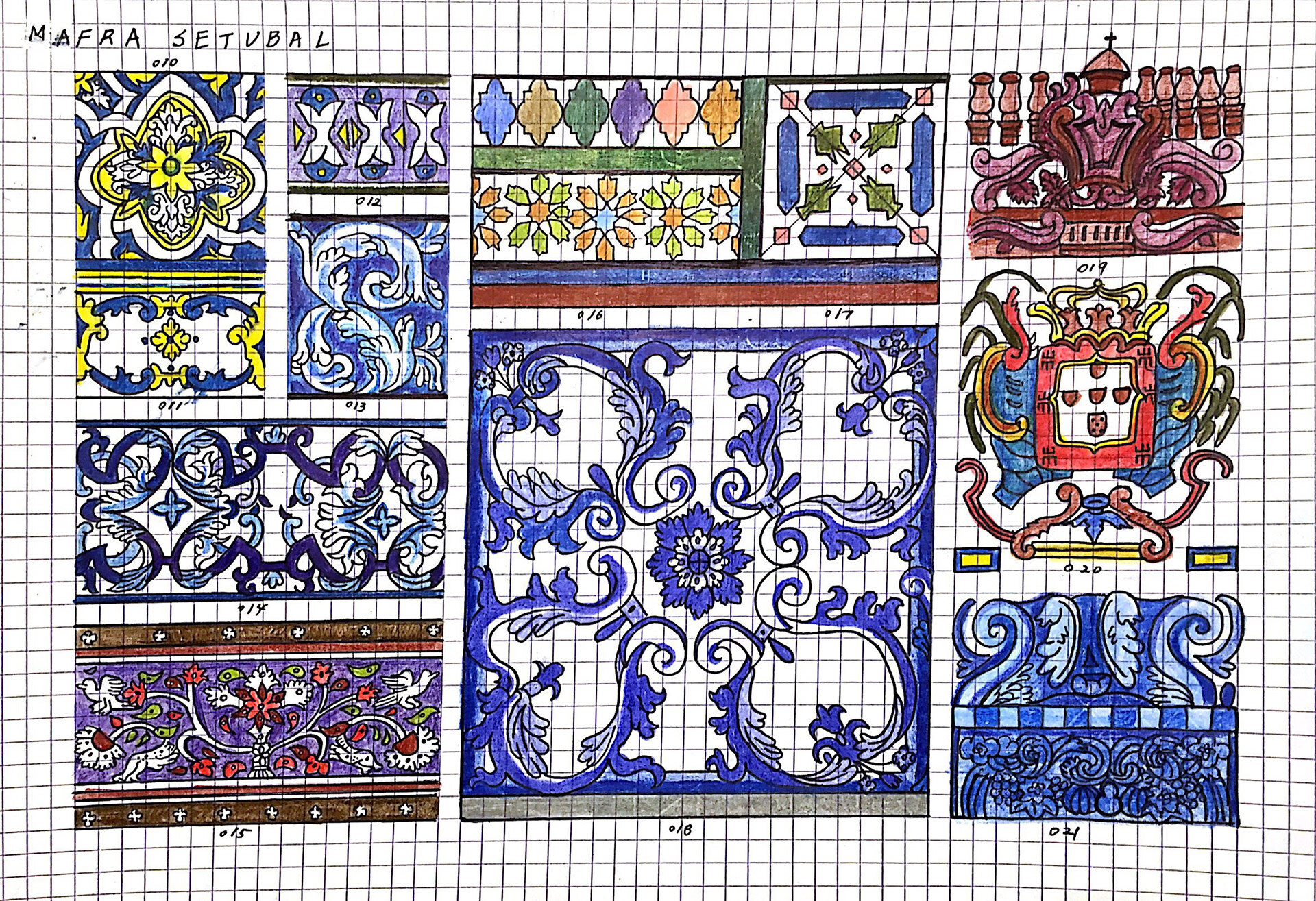
Wintersession 2019
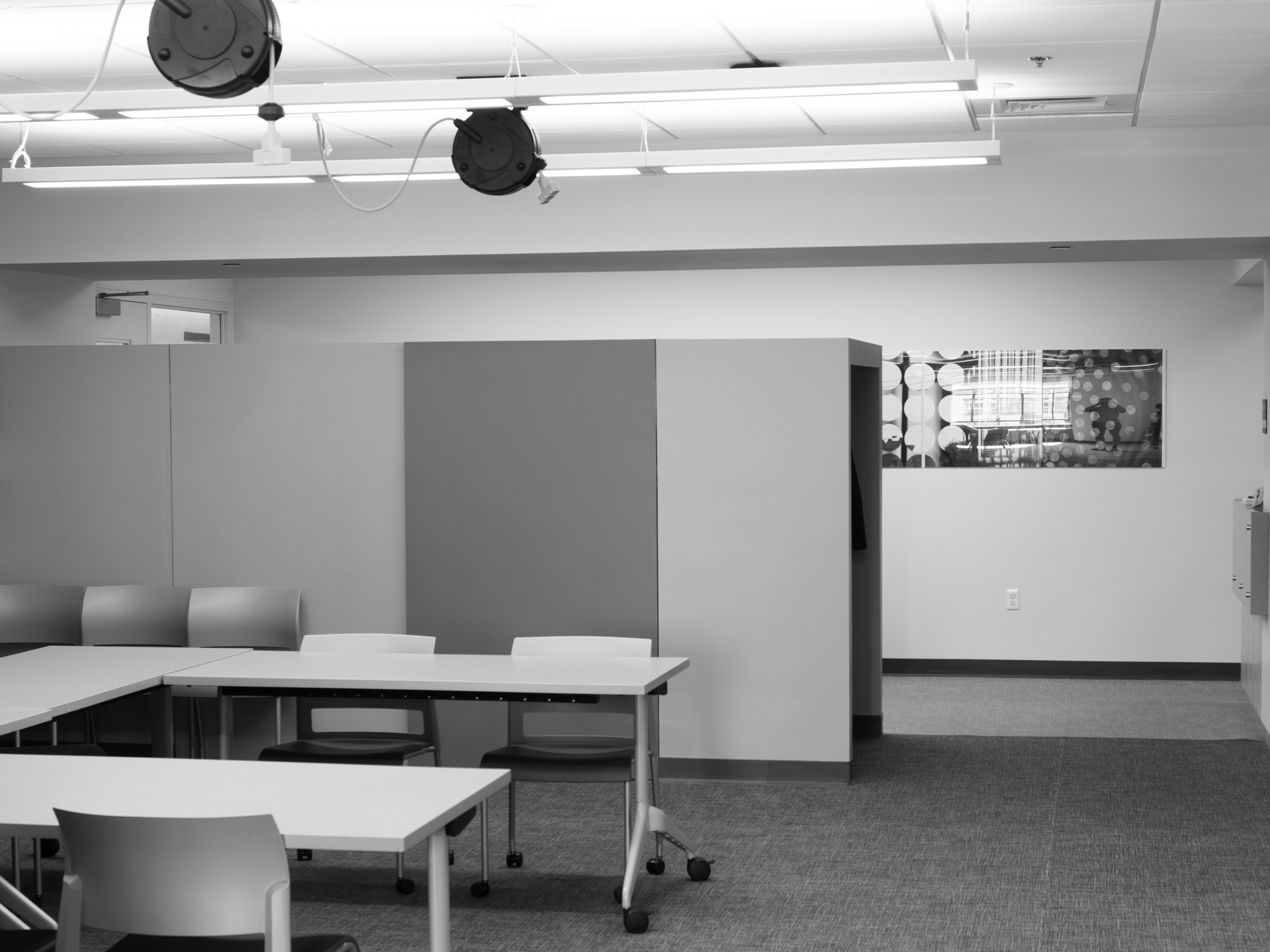
Have questions? The RISD Global team is available to meet for a 1:1 advising session. We can give you more information about your study options, help you figure out which program makes sense for you, and assist you with the application process.
Schedule an AppointmentNo announcements for this program.